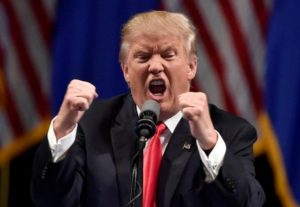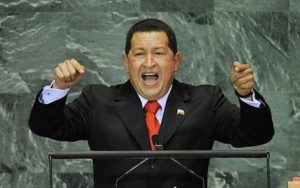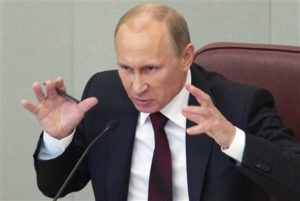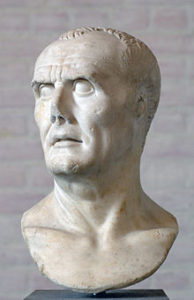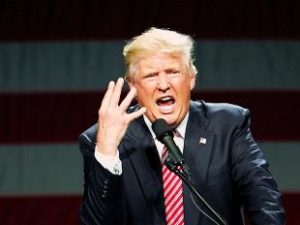 I can’t predict the future, but we know every US President is tested by security crises – whether domestic or foreign. President Trump’s four years will be no different.
I can’t predict the future, but we know every US President is tested by security crises – whether domestic or foreign. President Trump’s four years will be no different.
[While I’m not predicting the future, in previous posts on Trump I am having nightmares of a potential future, and reviewing the past rise of authoritarians.]
We don’t know if the biggest threat will come from domestic disturbances or jihadists at home. We don’t know whether the crisis will be abroad, like a foreign military threat. We do know there will be heightened moments during and after a security crisis when we as civilians are especially frightened for our safety.
Those are the times when society turns eagerly to the institutions with a monopoly on the legitimate use of force – institutions like the police, the FBI, spy agencies, the National Guard, and the Army.
It’s precisely at that time that we are most vulnerable to leaders’ worst instincts. It’s then that we willingly vote in – with few Congressional dissenters – the Patriot Act, to give up our protections from domestic surveillance. When we are under direct attack we (many of us) seem willing to condone the creation of Japanese internment camps.
It’s then that we applaud extrajudicial interrogation techniques – like waterboarding – that authoritarians seek.
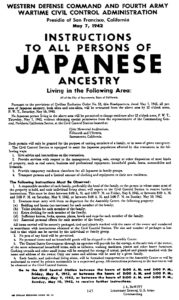 The Turkish premier Erdogan is right now using the crisis opportunity of the failed coup in Turkey to jail or fire independent voices from the universities, the press, the military, the judiciary, and the civil service.
The Turkish premier Erdogan is right now using the crisis opportunity of the failed coup in Turkey to jail or fire independent voices from the universities, the press, the military, the judiciary, and the civil service.
Former Congressman, Obama White House Chief of Staff, and now mayor of Chicago Rahm Emanuel famously counseled, “You never let a serious crisis go to waste. And what I mean by that it’s an opportunity to do things you think you could not do before.” [1]
In the authoritarian’s hands, what use can he make of that inevitable security crisis? What opportunity will he take to do the things he could not do before?
When the next lone-wolf jihadist shoots up a movie theater, will that be the pretext that Trump needs to register all Muslims for a government database as Trump says he wants to do? When the next dead-ender pledges allegiance to ISIS on Facebook just before shooting up a mall, does that mean Homeland Security shuts down all immigration from majority Muslim countries as Trump says he wants to do? When Russian irregulars in civilian clothes in Estonia, Latvia, or Lithuania ask for Russian military intervention to protect their rights, and Putin responds with another opportunistic strike, how does NATO, and our country, respond?
 Trump does not have to enact a false flag attack – As Putin’s FSB seems to have done – in order to take advantage of a security crisis to enact his plans. We will have incidents around which he and his national security team can build a case for breaking with constitutional norms.
Trump does not have to enact a false flag attack – As Putin’s FSB seems to have done – in order to take advantage of a security crisis to enact his plans. We will have incidents around which he and his national security team can build a case for breaking with constitutional norms.
Trump has told us over and over how he yearns to bully perceived enemies. He has demonstrated a vengeful character throughout his campaign.
We know that vengeful instinct because we’ve even felt it ourselves, when we feel attacked. What will we give up, that we can’t get back again, when we’re most fearful?
In January Trump will control the awesome power of the US national security apparatus. He will wield more power to threaten, detain, injure, and kill people than anyone else on the planet. This is part of why I can’t sleep.
Please see related posts:
Trump Part II – Review of Recent Elected Authoritarians
Trump Part IV – The Use of Economic Crises
Trump Part V – The Constitutional Crisis
Trump Part VI – Principled Republican Leadership
And related posts:
Candidates Clinton and Trump: Economic Policies
Candidate Trump on US Sovereign Debt
[1] Winston Churchill also gets credit for this one. Because Churchill said every clever thing that’s ever been said, like, ever.
Post read (303) times.

